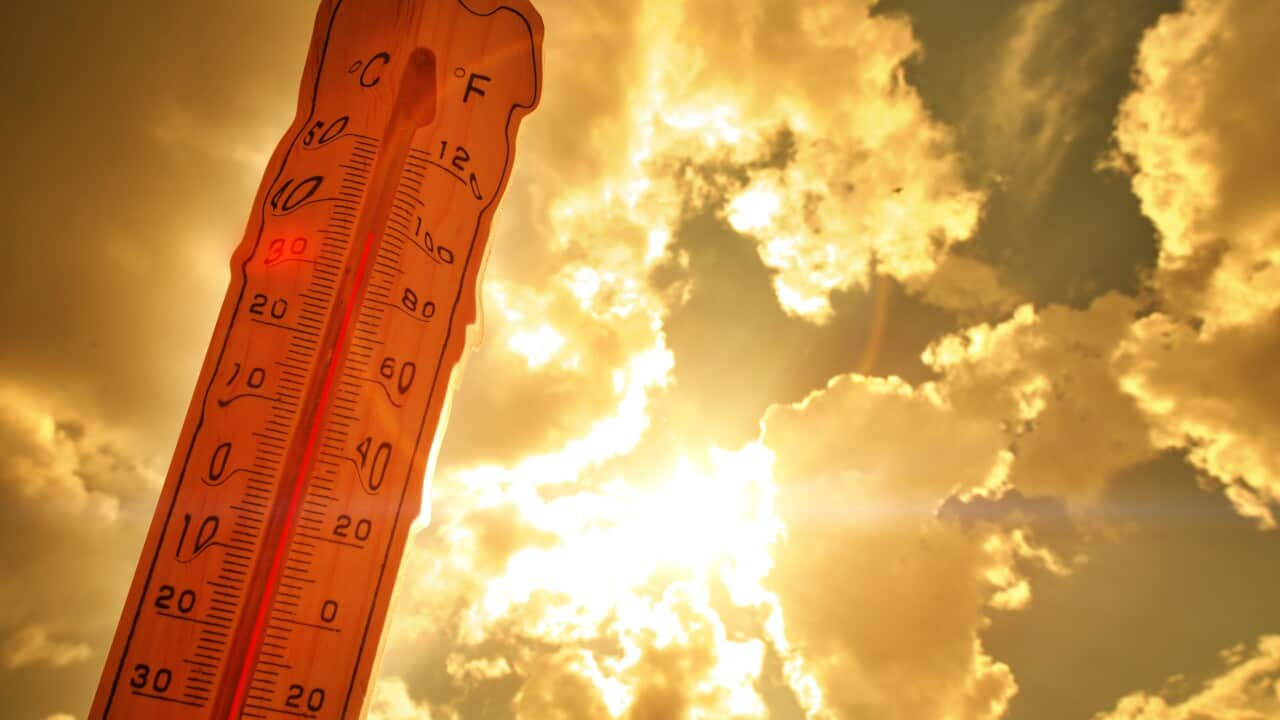Key Points
- Across the world in 2024, people experienced an average of 41 days of dangerous heat due to climate change.
- Earth experienced some of the hottest days ever measured and its hottest-yet summer, with a 13-month heat streak.
- The lead researcher involved in the data analysis says while fossil fuels are burnt, it “will only get worse.”
In 2024 climate records were shattered as heat across the globe made it likely to be the hottest year ever measured, with few countries spared fatal weather events.
“As long as the world keeps burning fossil fuels, this will only get worse.”

Temperatures above 53 degrees were recorded in California’s Death Valley in July. Source: Getty / Mario Tama
The year has seen Northern California and Death Valley bake, sizzling daytime temperatures scorch Mexico and Central America, heat endanger already vulnerable children in West Africa, heat related school closures in South and Southeast Asian countries and skyrocketing southern European temperatures that led to the closure of the Acropolis in Greece.

Water supplies were almost exhausted in some parts of India during heatwave conditions in summer. Source: Getty / Hindustan Times/Hindustan Times
Some areas saw 150 days or more of extreme heat due to climate change, however the results are not yet peer-reviewed.
The researchers closely examined 29 extreme weather events this year that killed at least 3,700 people and displaced millions, and found that 26 of these events had clear links to climate change.

After a period of school closures prompted by extreme heat in April, school students in Bangladesh returned to school despite the continued heatwave. Source: Getty / Munir Uz Zaman
The El Niño weather pattern, which naturally warms the Pacific Ocean and changes weather around the world, made some of this weather more likely earlier in the year.
Warm ocean waters and warmer air fuelled more destructive storms, according to the researchers, while temperatures led to many record-breaking downpours.
“Countries can reduce those impacts by preparing for climate change and adapting for climate change, and while the challenges faced by individual countries or systems or places vary around the world, we do see that every country has a role to play,” she said.
